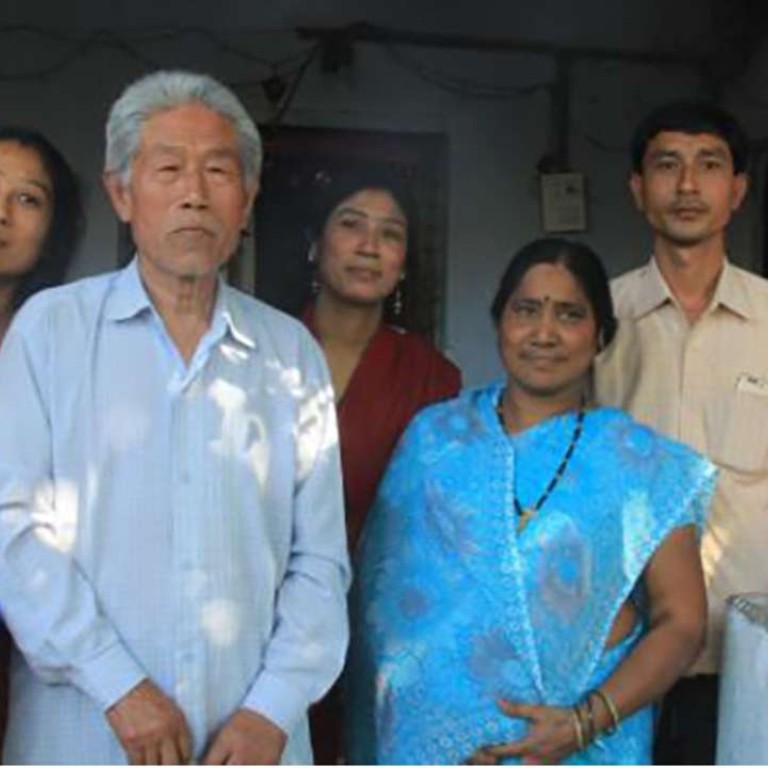
How Chinese army veteran Wang Qi’s story echoes a Han statesman’s life
The story of Su Wu, a Chinese diplomat who spent 19 years away from home eventually returning to a hero’s welcome, is not much different from that of the Chinese soldier who was stranded in India for more than half a century
Wang Qi, a straggler from the People’s Liberation Army who found himself on the wrong side of the border after the 1962 Sino-Indian war, made it back to Shaanxi province this month, after more than 50 years in India.
Having sired children with his Indian wife and having grandchildren of his own during his Indian sojourn – if it could be called that – could Wang still consider China “home”?
That’s a question I sometimes ask myself, having spent 18 of my 46 years in Hong Kong, a place that, despite its many attractions, I have never considered my home.
When Su Wu (140-60BC) was sent by the Chinese empire to the Xiongnu confederation as a special emissary in 100BC, he found himself caught in the middle of royal intrigue and civil strife. During this volatile period, and given the testy relations between the two states, Su was detained by the Xiongnu for being a spy. Despite being repeatedly tortured, Su refused to defect. He was then sent up north to Lake Baikal, located in present-day Russia, to tend sheep. After 19 lonely years of herding, Su was finally allowed to return to China following a thaw in relations between China and the Xiongnu.
When Su reached the Chinese capital, people thronged the streets to welcome the patriot home. When he died, he was buried with honours in a tomb in Shaanxi, not far from Wang’s hometown.

